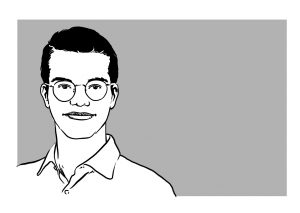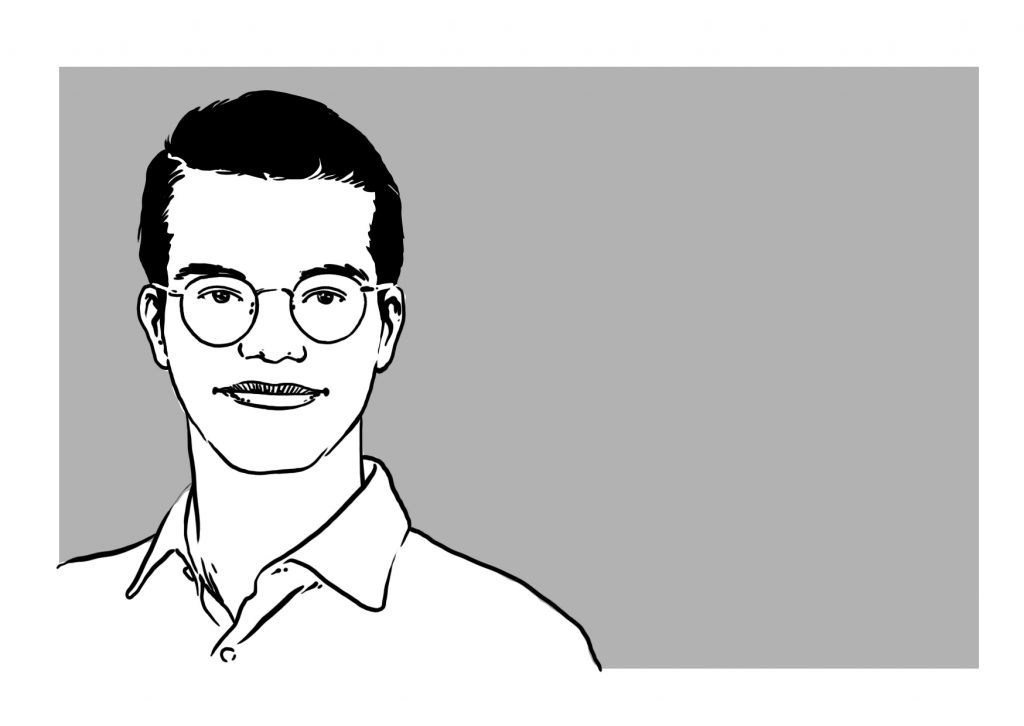In a region of the world devastated by decades of conflict, the congolese doctor Denis Mukwege has dedicated 40 years of his life to stop the use of rape as a weapon of war. MPP Student Samuel Pleeck looks into the lessons of hope and humanism that the 2018 Nobel Prize laureate has given us
Shortly after 11 AM on the 5th October 2018, while Dr. Denis Mukwege was conducting yet another surgery on a woman who had been raped by armed men, it was announced that the Norwegian Nobel Committee had awarded him the 2018 Nobel Peace Prize. Also known as “Doctor Miracle”, Dr. Mukwege is a 63-year-old Congolese gynaecologist who has devoted his life to repairing, through reconstructive surgery, the physical damage inflicted on women by rape. Around 20 years ago, Mukwege founded the Panzi Hospital in the eastern part of the Democratic Republic of the Congo (DRC), one of DRC’s most impacted regions where women are victims of rape and mutilation every day.
The DRC has been wracked by more than two decades of conflict in which rape was used as a weapon of war. Indeed, as the Doctor explains it, rapes often happen in groups in front of family members, if not the entire village for the purpose of breaking the collective social bonds of communities. According to him, there is no doubt that these rapes are weapons of mass destruction that destroy women’s lives as well as those of their children. In this dark circumstance, Mukwege has been a light for the DRC and especially for Congolese women. This is his story.
Denis Mukwege started studying medicine in Burundi, and later received a scholarship to study in France where he specialised in gynaecology. When he graduated, Mukwege began working in France but could no longer ignore the horrific situation women were facing back home. Speaking about his early years practicing in France, the Doctor said: “In France, I had never seen a woman dying giving birth. I said to myself that I would be most useful in my country, where that happened every day”. It was in 1999 that Mukwege decided to start the Panzi Hospital in the DRC, and treat female victims of sexual violence.
Today, more than 50,000 patients have been treated at the Panzi Hospital. Mukwege has practised medicine with scant medical resources and has witnessed the most horrific wounds on women’s bodies day after day in a country that, for too long, has resembled a war zone. Indeed, the scale of the phenomenon hinders us from speaking about individual cases. Numerous reports by Human Rights Watch have demonstrated that these rapes are planned, organised and exposed in order to destabilise the communities and cause the forced movement of these populations to better take advantage of natural resources. Moreover, children born from these rapes are consequently stigmatised before their birth and later have high chances of falling into a cycle of poverty and violence. While Mukwege and his team have to overcome the medical challenge on a day to day basis, the psychological shock women face is a much longer struggle, requiring, if ever possible, much longer to heal.
Dr. Mukwege has always pursued his work with a “holistic” approach. By primarily treating victims of rape, the end-goal of the doctor and his team is to repair both the body and the soul. “The City of Joy” was created next to the Panzi Hospital, a centre where female victims of sexual violence have access to psychological and legal support that can help them engage and reintegrate into their local communities. Thèrèse Kungulu, a former lawyer, is the head of the legal clinic at the centre where women come to record their testimony, receive information about juridical procedure and start filing their complaints. Zawadi Nabintu, a sister of the Doctor, oversees the staff caring for the children of these women. In the meantime, the women can learn how to sew, work in basketry or balance the budget of a small company. This comprehensive system helps provides the conditions for building resilience among victims of sexual violence in order for them to make plans for a better future.
Even so, additional efforts are needed to tackle the roots of the problem. Thus, laws and their application must respond to the scale of the issue. The most important parameter of this response should ensure that the state security apparatus stands next the population and not against it. The state armed forces should be on the front line to tackle the use of rape as a weapon of war. For this to happen, there needs to be an end to the tolerance of sexual crimes committed by Congolese Army officers. Indeed, the second parameter is the fight against impunity. In his numerous addresses to raise awareness about sexual violence, Doctor Mukwege never forgets to advocate for the end to impunity. In this regard, in 2016, he presented a petition in front of the Human Rights Council of the United Nations to ask for the creation of a special tribunal to judge war crimes and crimes against humanity in the country. Nevertheless, while receiving the Sakharov Prize, the European Parliament prize for persons who dedicated their lives to the defense of human rights, he reaffirmed in front of the European Parliament that “it is the duty of the Congolese people to shape their laws, justice and government to serve the interest of everyone and not just a few.”
The story of Mukwege has showed the world two important messages. One is that a paradigm shift is necessary to build resilience among victims of sexual violence. Mukwege and his team have demonstrated that even if a rape is never forgotten, there is a life after the horror. By creating safe zones in the City of Joy where women can share their stories, the Doctor has enabled these women to take back at least some control of their lives. The second is that the fight against sexual violence has no face, no race, no gender, and no profession. This is a battle that engages humanity as a whole. Everyone, from doctors, such as Mukwege, and psychologists to lawyers and judges can participate in the process of confronting injustice. In this process, the role of policy-makers is crucial to ensure that impunity has no place in legislation and its application.
Samuel Pleeck is a class of 2019 Master of Public Policy candidate at the Hertie School. Graduated with a BA in European Studies from Maastricht University, Samuel is particularly interested in the evolution of the European Union and in European politics. With previous experience in the DRC, he is also passionate about the development of the African continent.
is a class of 2019 Master of Public Policy candidate at the Hertie School. Graduated with a BA in European Studies from Maastricht University, Samuel is particularly interested in the evolution of the European Union and in European politics. With previous experience in the DRC, he is also passionate about the development of the African continent.
